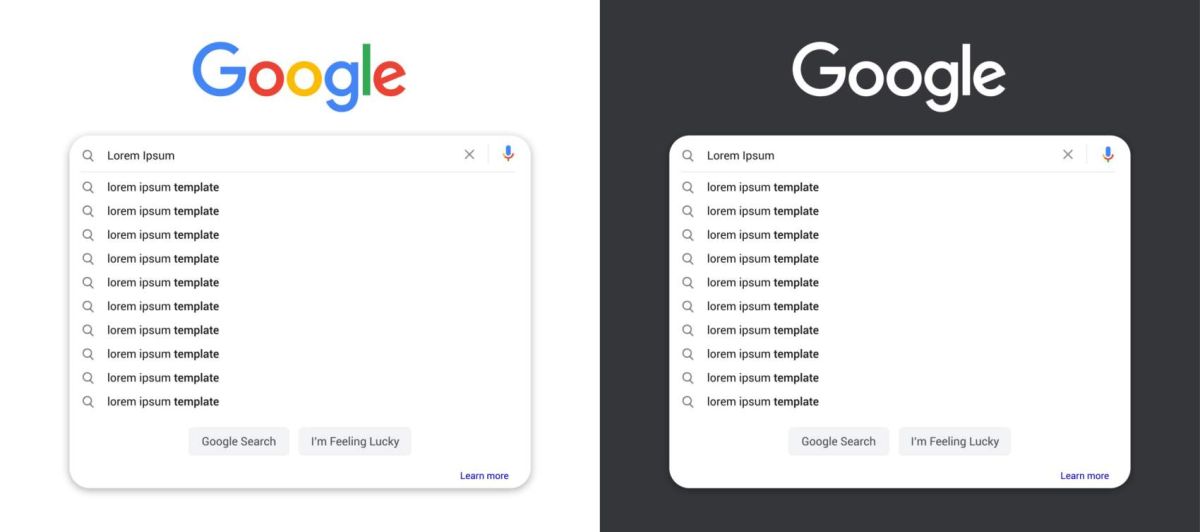
How Many People Use Search Before Buying in 2024: A Data-Driven Insight

In today’s fast-paced, digital-driven world, search engines have become integral to the buying journey. The year 2024 marks a significant shift in how consumers approach their purchasing decisions, with an increasing reliance on search platforms for research, price comparisons, and customer reviews. Understanding these trends is crucial for businesses looking to optimize their marketing strategies and capture a larger share of the market.
The Rise of Search in the Consumer Journey
According to recent studies, 89% of consumers in 2024 use search engines like Google, Bing, and Yahoo! to gather information before making a purchase. This percentage reflects a growing trend in e-commerce and retail, with consumers turning to search engines for everything from product specifications to reviews and recommendations.
Several key factors contribute to this surge in search usage:
- Increased Trust in Online Reviews:
With the prevalence of online reviews and testimonials, consumers now have access to a wealth of peer opinions at their fingertips. 82% of buyers trust online reviews as much as personal recommendations, making search engines the first stop for gathering feedback on potential purchases. - Smartphones and Voice Search:
The ubiquity of smartphones has led to a rise in mobile and voice searches. 57% of all searches in 2024 are conducted on mobile devices, often using voice assistants like Google Assistant or Siri. These users frequently look for local stores, product availability, and quick price comparisons while on the go. - Search as a Price Comparison Tool:
In the age of e-commerce, 74% of consumers use search engines for price comparisons before making a purchase decision. This figure includes both those looking for the best online deals and those who want to ensure they’re getting competitive prices from brick-and-mortar stores. - Information-Rich Searches:
Consumers are becoming more informed shoppers, with 68% of users conducting research to understand a product’s features, benefits, and alternatives before committing to a purchase. The depth and breadth of information available via search give consumers a sense of control and confidence in their decisions.
Key Industries Leveraging Search
Not all industries are equally impacted by search-driven consumer behavior. Industries such as automotive, real estate, and consumer electronics see the highest rates of search engagement, with over 90% of buyers in these categories using search before buying.
- Automotive: Whether it’s for new car purchases or used vehicle listings, 93% of car buyers begin their journey with a search engine query, with queries ranging from dealer locations to financing options.
- Real Estate: Potential homeowners and renters alike use search engines to research neighborhoods, compare property prices, and evaluate mortgage rates. The majority of this demographic starts their search months in advance, showing the long-term importance of search in high-value purchases.
- Consumer Electronics: High-tech gadgets and devices often come with a myriad of choices. 85% of consumers looking to buy electronics engage in online searches to compare features and prices across different brands before making a decision.
The Role of Paid Search and Organic Traffic
Businesses in 2024 are doubling down on both paid search (Google Ads, Bing Ads) and organic traffic (SEO) to capture these search-happy buyers. Paid search has seen increased adoption, with marketers spending more to ensure their products and services appear at the top of search results pages.
However, the importance of organic search cannot be overstated. Over 50% of website traffic for most businesses still comes from organic results. As search engines become more sophisticated, optimizing for user intent and search relevance is key to staying competitive in the digital marketplace.
What Does This Mean for Businesses?
As search becomes more integrated into the consumer’s path to purchase, businesses need to prioritize their online presence to capture attention at crucial moments. This involves:
- SEO Optimization: Optimizing your website for search engines is a must. From keyword research to on-page SEO, businesses that invest in organic search will see long-term benefits in terms of traffic and conversions.
- Local Search Optimization: With mobile and voice search on the rise, businesses need to ensure they are visible in local searches, especially in industries where customers prefer in-person purchases (e.g., automotive, real estate).
- Content Marketing: Consumers are hungry for information. Businesses that provide value through informative blog posts, product comparisons, and how-to guides will position themselves as trusted sources and drive more qualified leads.
- Paid Search Strategy: While organic traffic is important, paid search offers immediate visibility. Allocating budgets towards highly targeted campaigns can help businesses capture consumers who are ready to buy.
Conclusion
In 2024, the question is no longer whether consumers use search before buying—it’s how businesses can capitalize on it. With 89% of consumers turning to search engines for purchase decisions, companies that prioritize SEO, provide valuable content, and leverage paid search campaigns will thrive in the competitive digital marketplace. Search engines aren’t just tools for discovery—they’re pivotal touchpoints in the modern buying journey.
This trend will only grow as technology and consumer behavior continue to evolve, making search optimization a cornerstone of every successful marketing strategy.
